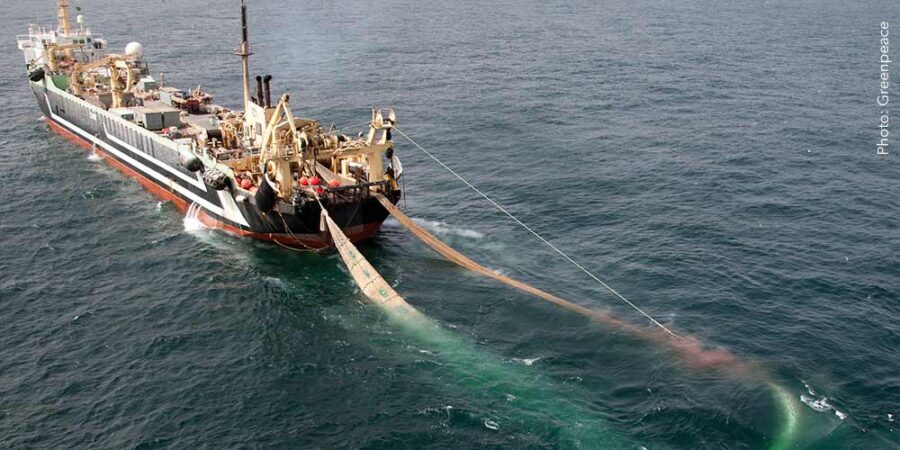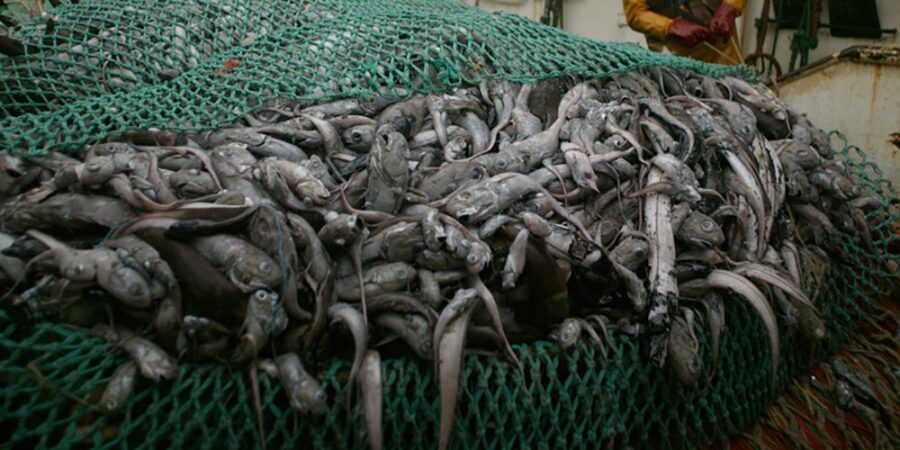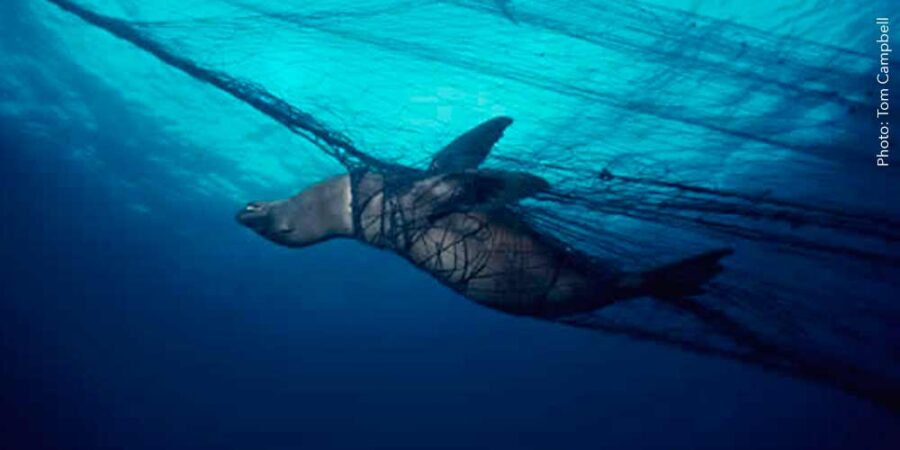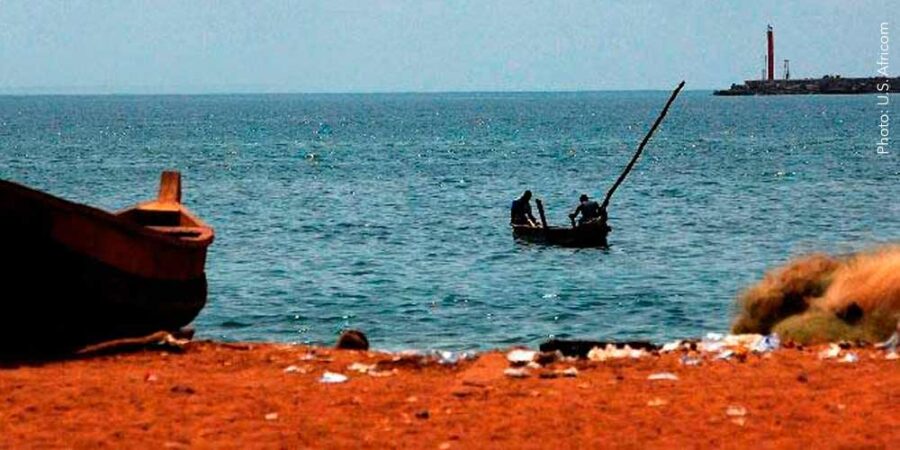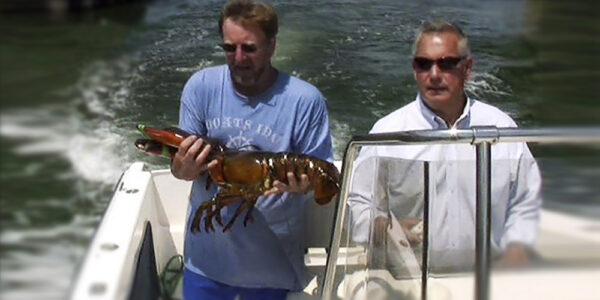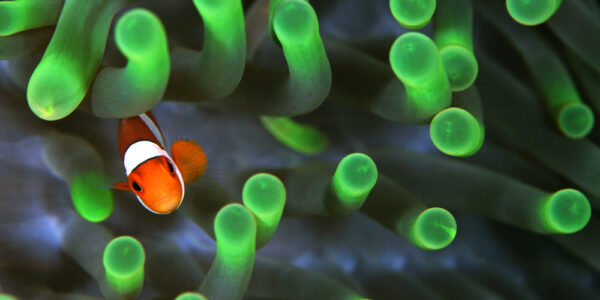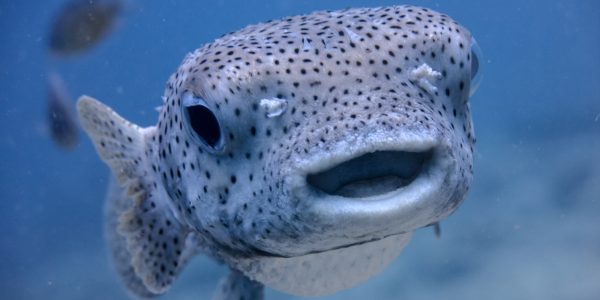Picture a fishing ‘boat’ the size of the Sydney Opera House trawling its way through our oceans, catching and killing everything unlucky enough to swim in its path. It turns out sea monsters are real…
First things first, what is a super trawler? Basically, it’s a fishing boat. A really, really big fishing boat that indiscriminately hauls tonnes of marine animals — from sardines to dolphins — into its huge frozen belly every day. A super trawler is essentially a gigantic, ravenous monster that will consume anything, and everyone, it comes across.
Disrupting fragile marine ecosystems, it leaves nothing behind except an oily film on the water — and a miles-long wake of death and destruction.
So, why else should you be worried about super trawlers? Well…


